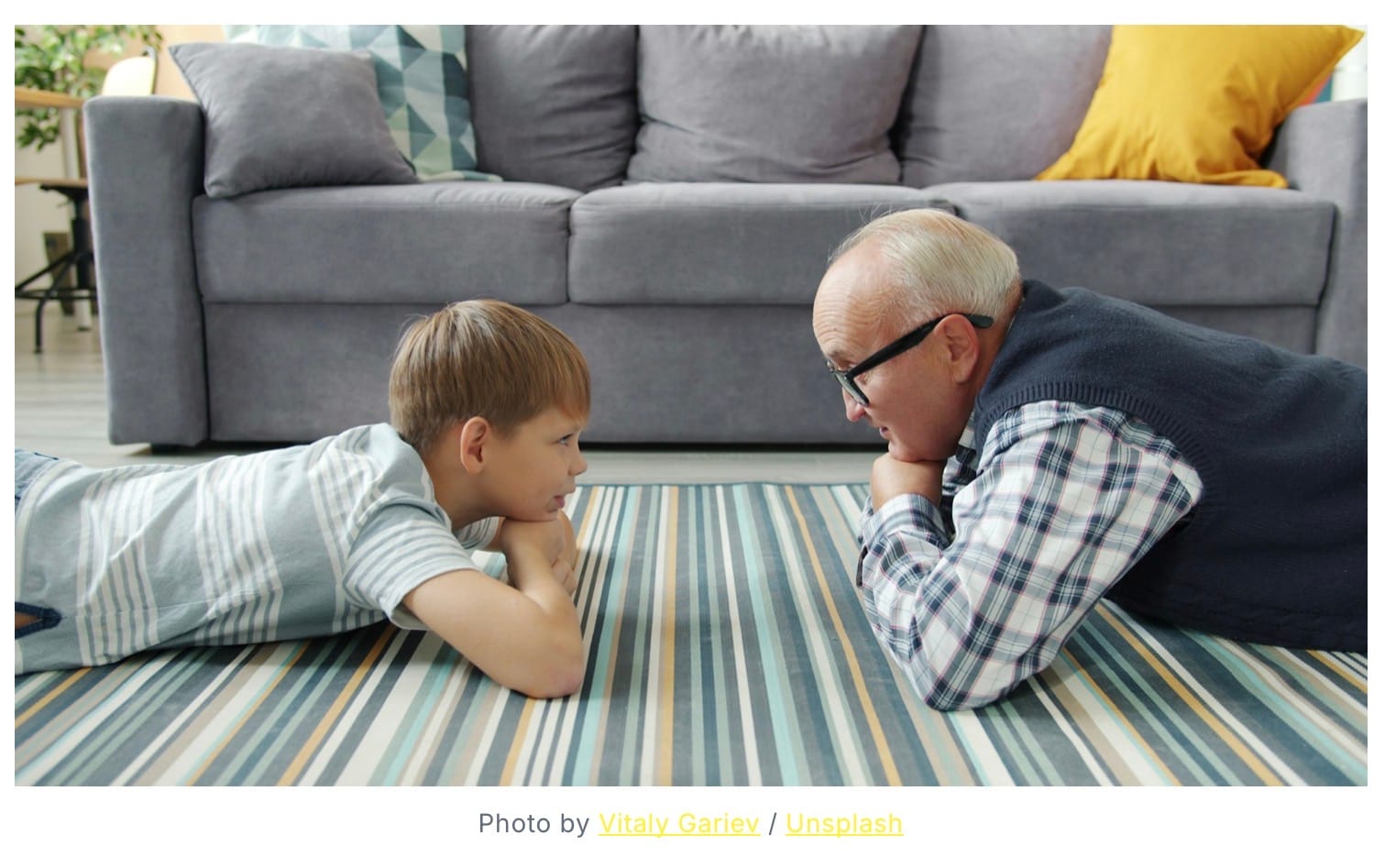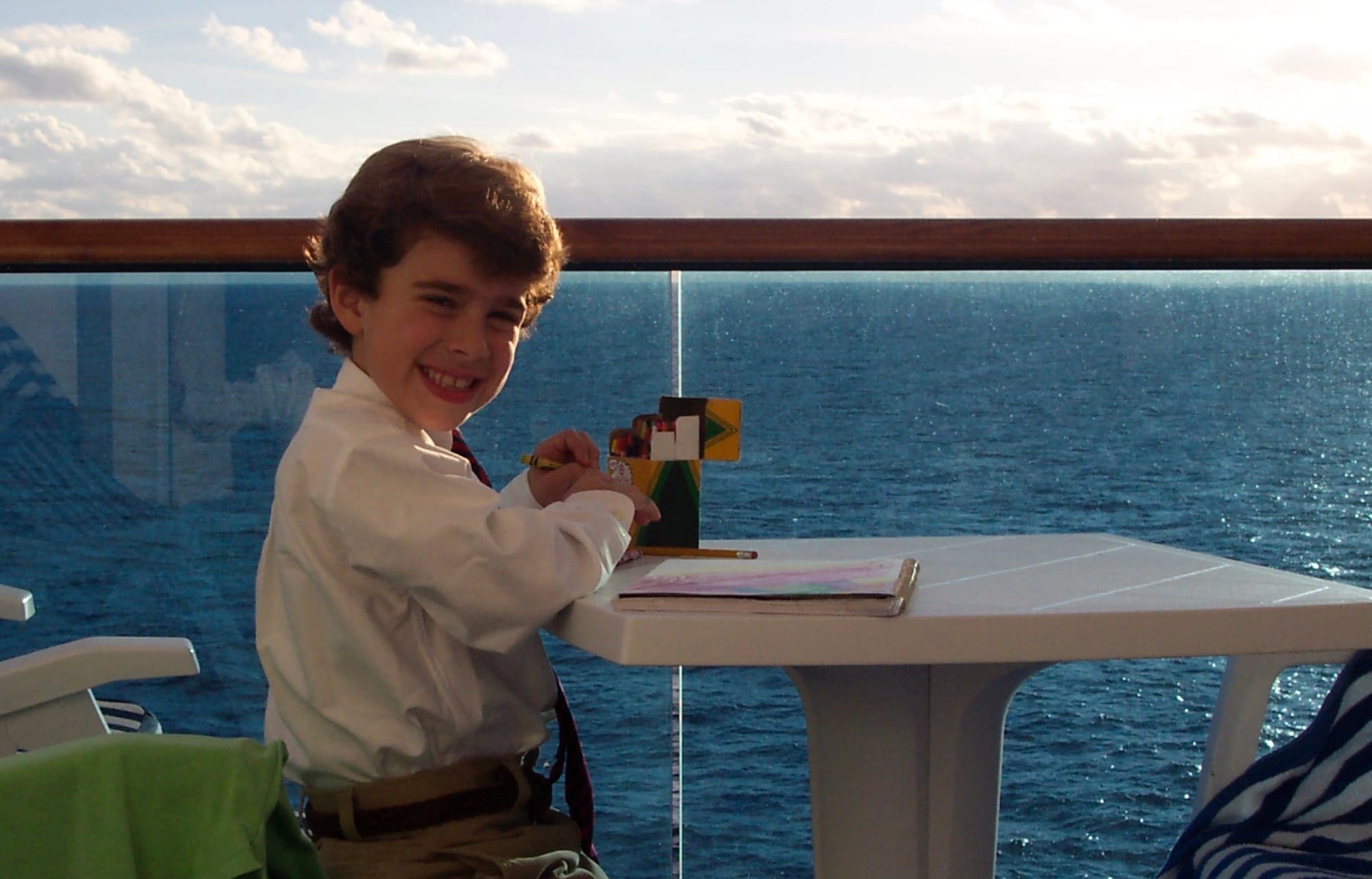If you have been following the progress of DOGE (department of government efficiency), you may recall that on Friday that government employees were asked to respond to an email of what they accomplished last week. Some employees were offended by having to report what they had accomplished to their employer. When I heard the responses of some of those Interviewed, it reminded me of a preteen or a teenager responding to their parents.. Whether one is for or against D.O.G.E taking a look under the hood of the government to look to see if there is fraud and waste or not, most of us would agree that the person or company paying our salary has the right to expect that their employees do the job they are being paid for in a satisfactory manner.

The same could be said for parents. Your children are not your employees however, you do provide a roof over their head, a warm bed to sleep in, food and all the other things that a parent provides for. Since you are the parent and the giver of all these goods, you deserve to be respected, and you are also due a response when it comes to what they are doing, where they are going, who they’re doing it with, and how they’re doing in school. In my mind, this is none negotiable.
When one of our kids was starting their freshman year in college, we were told at their orientation that since they were adults/over age eighteen, the only way we could get a hold of their grades would be if the student signed a waiver for us to be allowed to receive the grades. My husband laughed when he heard of such a stupid thing. Any parent who contributes or pays for their kids college should be available to get this information. At times it seems like the tail is wagging the dog.

I have written about this topic before, because I feel as if parents get a heavy dose of the opposite message. Trust your instincts, YOU are the parent and you are responsible for your child’s well-being and safety. Because you hold this sacred role as a parent, being responsible for your children you also have some things coming your way. It should be instilled in your for your child from a very early age, you are the authority figure and they are to answer to you. As a toddler or small child this is paramount. An example I like to use is the example of a child playing on the yard And they’re running after a ball and you see a car coming but they do not. You have to have a good handle on the respect for authority so that when you tell your child to stop when they are running after the ball and the car is coming, they need to stop. There needs to be total trust, that you know what is best for them. As they get older, you will slowly let go of “the leash” so to speak, as they learn how to manage their own behavior. From early on, however, you should have complete control. This is not mandated by me or you this comes from God, Almighty, who, entrusts you with these little people.

As the toddler grows older, they develop more reasoning skills, and they have more of a capacity to understand, and you can explain to them, in age-appropriate discussions, how to manage their own behavior in little increments and steps.
Fast-forward to a child’s teenage years, where your parenting is almost what one would call “coaching from the sidelines.” By this time, the teenager has an understanding of what is right and what is wrong and they have gained your trust and from this point, you will be coaching from the sidelines as they continue to grow and gain their independence. They rely less on you, but that does not mean your role is less important. There’s still respect for the parent.

As your children grow into adulthood when they turn eighteen, they still need you. I often say that from eighteen to twenty-four are some of the most crucial years in parenting, as the decisions made in these years can have lifelong consequences both good and bad. They need you at this point to be there to coach from the sidelines. When their is a good relationship, the adult children will consult their parents when questions come up.
That’s just a brief wrap-up of parenting a child from the toddler years into adulthood, but you get the message. The common thread through all these years is a respect for you as the parent. When you ask your child where they’re going, where they have been, if they have done their homework, these are questions that you deserve an answer to, without any question or mouthing back. A parent is by no means a bully barking out orders. Early on the parent gains the trust from a toddler by keeping them safe, feeding, caring them and spending time with them. These actions help build a relationship between the parent and child. When there is a relationship respect is gained. A parent cannot just come home from work, make demands tell a child to go to bed and mind. Spending time either at breakfast before the days starts, dinner around a table, going over homework or reading at bedtime and tucking a child into bed or time spent on the weekends. Building a model, putting puzzles together, playing sports, working towards a goal and taking part in other activities are all opportunities to build a relationship. When you build a relationship, the child is more likely to take stock in what you tell them. For the most part, this is how it works, however, there are some times when you are to be listened to “Just because YOU are the parent,” your experience of the dangers to them trumps all. And sometimes, they must listen because you most definitely have their best interest in mind. “You are not staying out all night or going to a boy/ girl sleep over party.” Why would a parent knowingly put a child in an uncomfortable or dangerous situation. It’s like Corrie Ten Boom telling the story of her Dad telling her that just as a parent would not give a child a suitcase that is too heavy to carry, a parent should not knowingly put a child in a situation they are not yet equipped to handle physically or emotionally. By no means will parenting be easy, there will be tough days, as children test waters and give parents a run for their money. The goal in staying the coarse and reminding the child of the rules you establish, sometimes, when appropriate giving them the ‘why’, when they can understand. Bring the child to the standard each and every time, not lowering the standard or expectation for your child if it is an appropriate and reasonable expectation. They need you to hold them to the rule. If the rule is that they are to be home 15 minutes after the dance finishes, that’s the rule. If they show up an hour later, they did not respect your rule. Following rules is part of being an adult. If you don’t follow the rule/laws, it could cost one in terms of a fine or jail time.

Parents, take your role, your very honored role, to care and instruct a child, seriously. Let no one undermine what YOU know is best. Any consequences that arise from your child not being taught right from wrong, will most likely fall on you. Of course, fantastic parents can have children who grow up to abandon what good parents taught them. Yet, when you look at the numbers, the odds are good that parents who spend time, instructing their children and time spent together will result in fruitful outcomes and possibly many great days.






